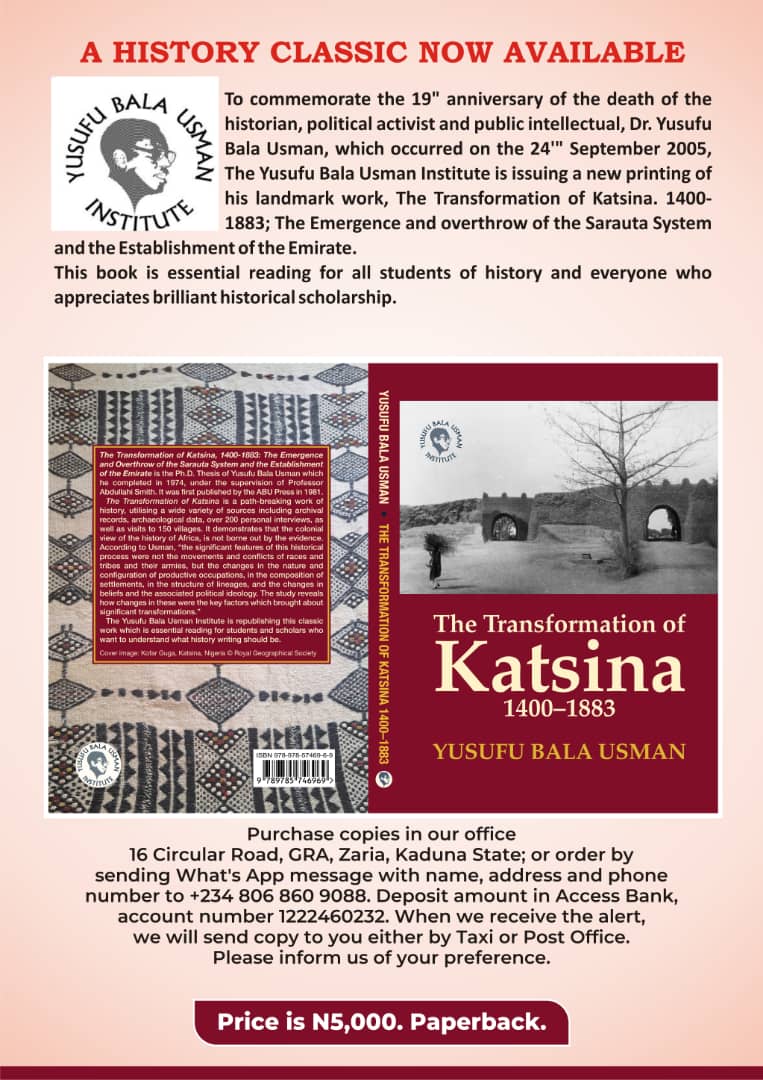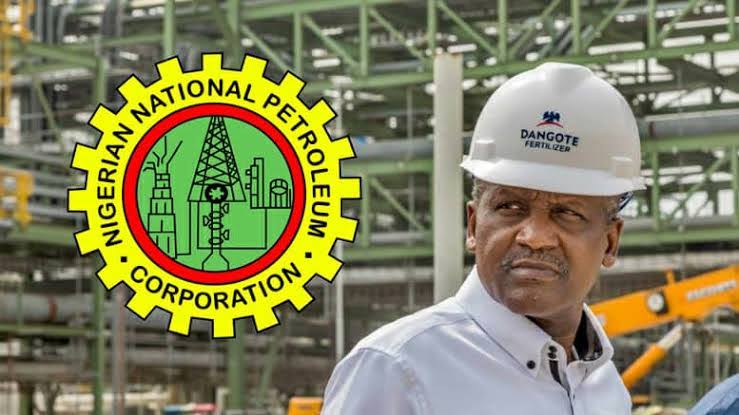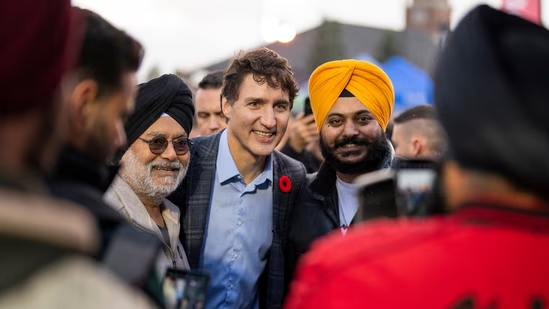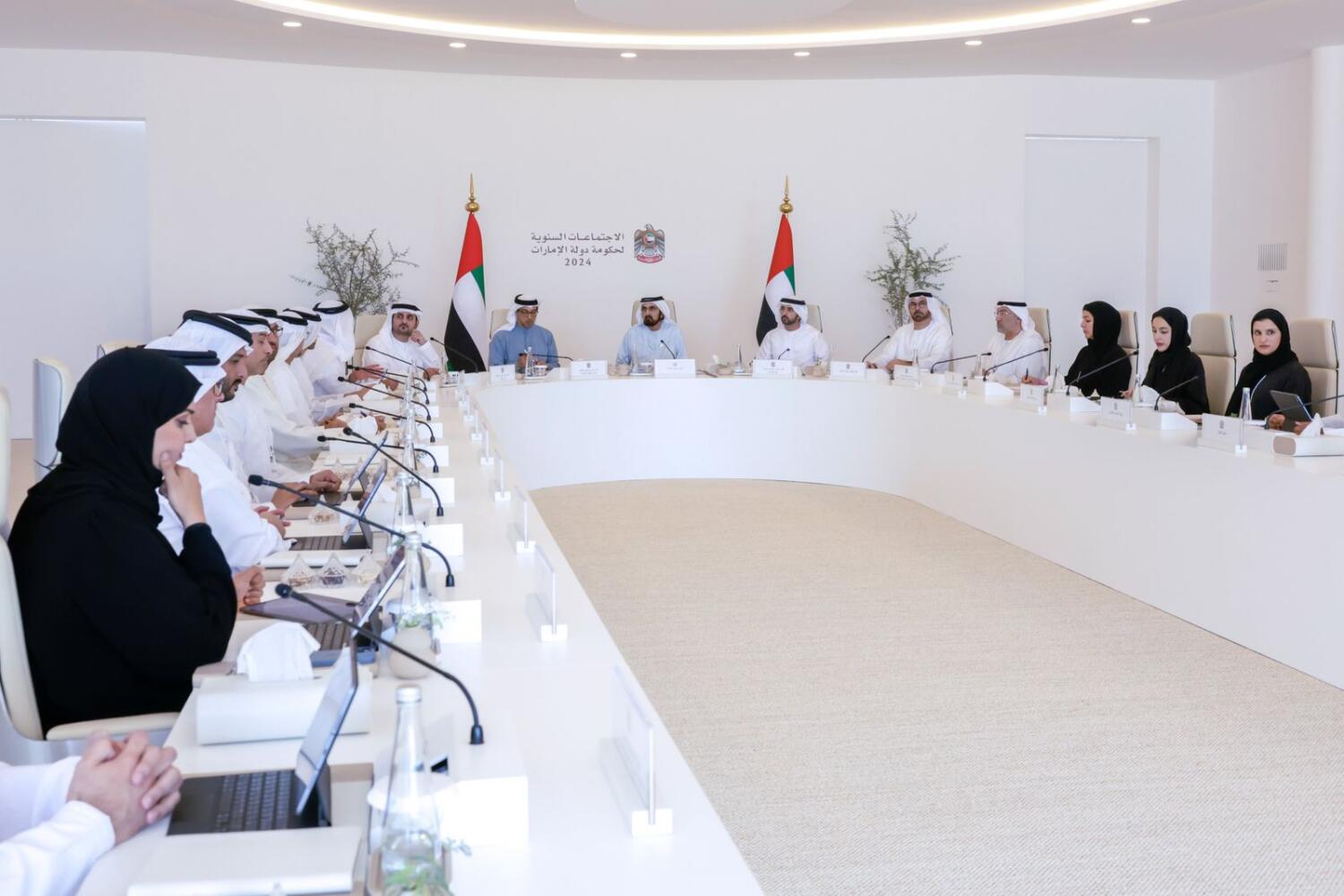Former Afghan President Karzai Urges Diplomacy and Inclusive Dialogue for Afghanistan’s Future
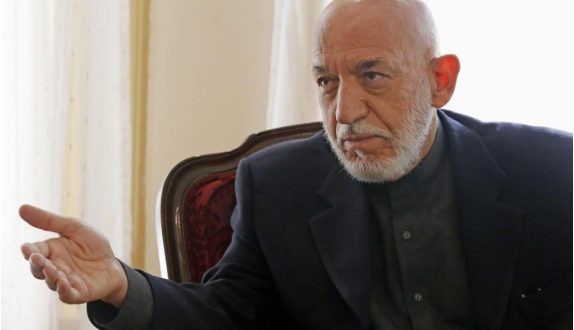
- Sulaiman Umar
- 29 Nov, 2023
- 599
AT Kabul: In an exclusive interview with Kyodo News, former Afghan President Hamid Karzai shared crucial insights into the current situation in Afghanistan. Addressing the international community, Karzai emphasized the importance of avoiding the forcible removal of the Taliban from power. Instead, he advocated for a diplomatic approach, encouraging inclusive intra-Afghan dialogue to bring about positive policy changes.
The interview sheds light on Karzai’s perspective on critical issues, including the urgent need to resume girls’ education and reflections on the reconstruction process.
The complete interview is as follows:
The international community should not seek the forcible removal from power of Afghanistan’s interim Taliban government but encourage inclusive intra-Afghan dialogue to bring about improvements to their policies, former president Hamid Karzai said.
But Karzai, who served as the country’s first democratically-elected leader from 2002 to 2014, told Kyodo News in a rare interview with foreign media that the Taliban must resume girls’ education immediately, saying it could be a step toward it becoming the “legitimate” and “recognized” government.
The Taliban government has not been recognized internationally due to its brutal treatment of women and minorities. Female students cannot continue education beyond sixth grade, and female employment is effectively prohibited.
Speaking recently, Karzai stressed, however, that forcible removal of the Taliban from power is not the way forward.
“We don’t want conflict in this country anymore. Conflict will make things even worse than they are today,” Karzai said in the interview, conducted at his residence in central Kabul.
“We don’t want a collapse of the regime or split of the regime. We have had enough of that in Afghanistan. We want improvements in policy. We want all Afghans getting together to build the future.”
While insisting that women and girls be allowed to return to school “immediately,” the former leader wants intra-Afghan talks involving all ethnic groups, some of whom are continuing to fight against the Taliban, to commence “as soon as possible.” He stopped short of elaborating on a specific timeline for the negotiations.
Karzai said that even though the Taliban, a hard-line Islamist movement, understands the necessity of talks, it will take time and preparation before the process can begin.
“On the issue of education for girls, the great majority of the Taliban are in agreement with it. There’s no doubt about it. On the issue of the Afghan dialogue, they understand the need for it,” he said.
Many Afghans believe that Western countries imposed overly hasty timelines in the reconstruction process without considering the local culture and conditions.
Reflecting that view, the former president said, “We must learn from our mistakes. We must learn from history.”
Karzai repeatedly stressed during the interview that it is the role of dialogue to find the best shape for the country’s future governance, casting doubt on the wisdom of switching to a federal system.
The country needs “a strong and effective government, but a government that disperses authority widely to local bodies,” he said.
The Taliban is unlikely to accept power-sharing with opposing forces at least in the near future, according to diplomats and experts in the region. Still, Karzai said that he was not pessimistic because he believes Afghanistan is “big enough” to accommodate all its groups.
“We have to make an arrangement by which both sides, the Taliban and other Afghans, begin to understand that the country is big enough for all. The country is big enough for everyone, I mean politically and economically. The country is big enough for all Afghans,” he said.
Looking back on the 20-year reconstruction and democratization process led by the United States and allies like Japan after the collapse of the first Taliban regime in 2001 until the Taliban’s comeback in 2021, Karzai said there were many achievements and mistakes on the part of both the international community and Afghans.
“The failure of democracy in Afghanistan was not the rejection of the common Afghan people. They embraced democracy. It was a mismanagement of it both by the government of the day and the international community and supporters,” he said.
Many Afghans in and out of the country have slammed the reconstruction process as a failure. The capital Kabul today houses thousands of internally displaced people living in dire conditions, just as it did two decades earlier.
Karzai repeatedly said, however, that the reconstruction process yielded a hugely positive legacy for Afghanistan, especially in the fields of education, medical care and infrastructure building.
“In terms of reconstruction and assistance, the international community led by the U.S. did very, very well. Japan did great. It was (one of) the greatest contributors to Afghanistan’s reconstruction,” he said.
But Karzai said that those achievements were overshadowed by “massive mistakes” committed by U.S. forces and some of Afghan forces. “The greatest mistake was…heavy-handed military activities by foreign forces and by our own government forces” that left thousands of civilians killed or injured.
He admits that collateral damage undermined people’s trust in his government and ended up strengthening support for the Taliban.
The former leader blamed an agreement reached in 2020 between the United States and the Taliban as the biggest reason for the previous government’s collapse.
The United States under then President Donald Trump cut a deal with the Taliban known as the Doha Agreement that U.S. troops would withdraw from Afghanistan on condition that the Taliban refrained from violence.
Asked if he thinks that the United States gave the green light to the Taliban to take over the country by force — which they did in August 2021 — Karzai replied, “That’s what happened.”
He refused to go into details but said, “The perception is that the Doha process was not intended for peace. That’s what the Afghan people believe now.”
culled from Afghanistan Times

